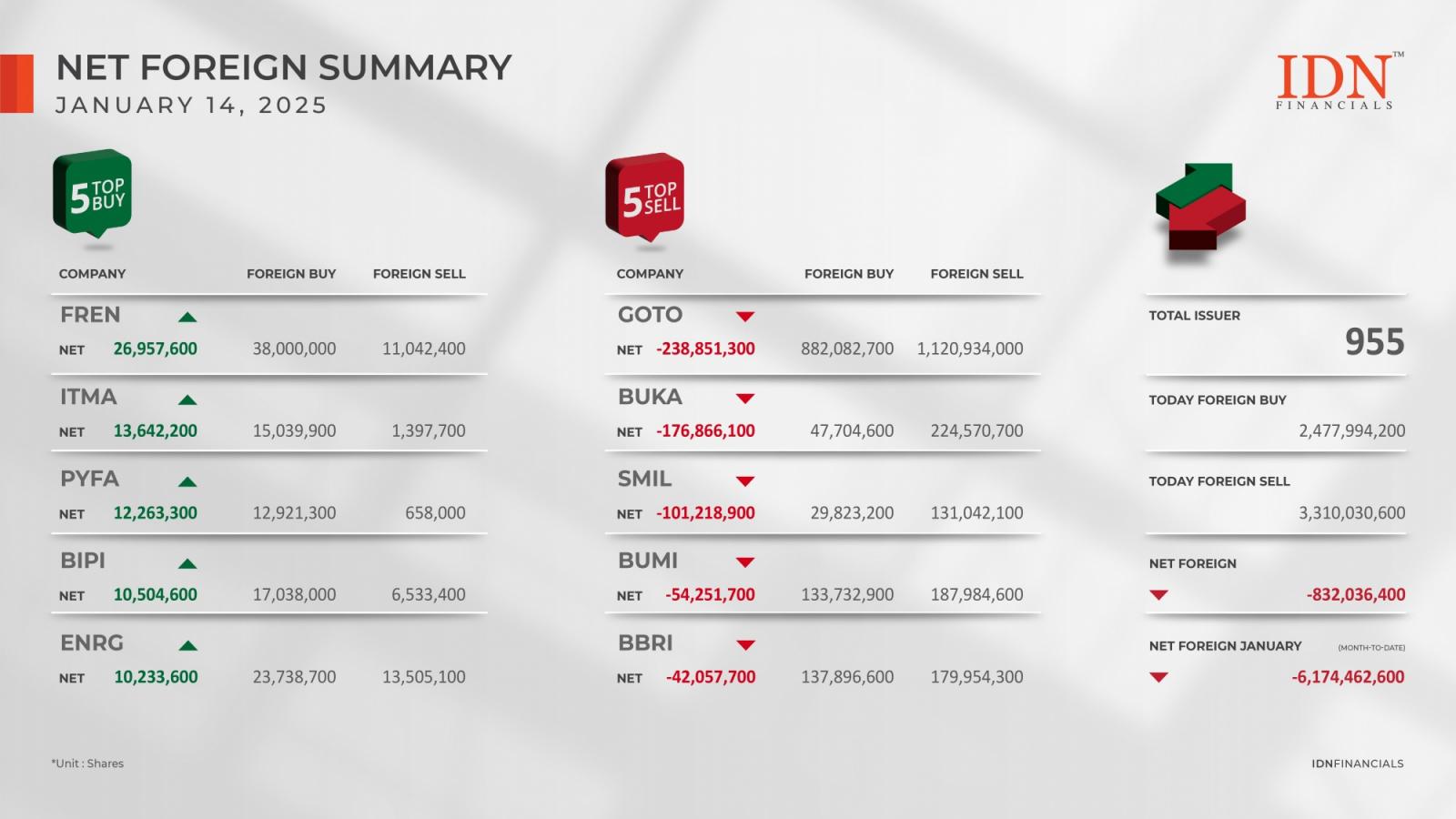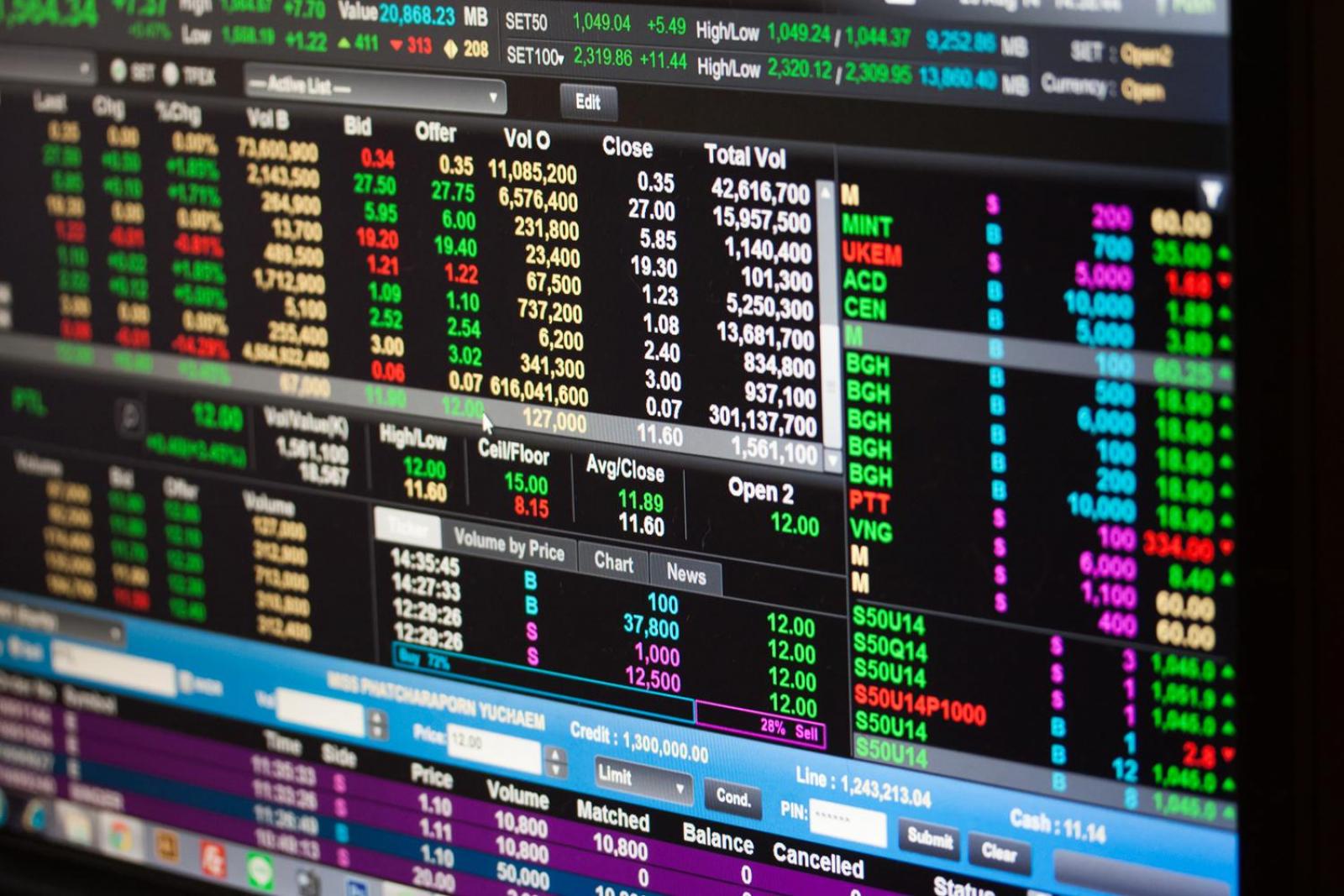By Emma Rumney and Casey Hall
LONDON/SHANGHAI (Reuters) - Global drinks giants seeking to tap into younger Chinese drinkers\' growing appetite for whiskies and cognacs face a challenge as they take on the producers of China\'s dominant liquor baijiu.
Western companies like Diageo (LON:DGE) and Pernod Ricard (EPA:PERP) have previously focused on the luxury end of the market in China, but believe a rising number of affluent younger consumers and changing drinking trends could give their products broader appeal.
Diageo, maker of Johnnie Walker whiskey, says it is targeting an expanding middle class, millennials and Gen-Z with its whiskies, as well as high-end consumers.
But, with its Western peers, it faces a challenge in trying to weaken the dominance of producers of baijiu - the fiery, clear spirit known as China\'s national drink - who are coming up with their own new products for the younger consumer.
Diageo now has online stores on platforms like Douyin, China\'s TikTok, and in December started offering one-hour deliveries of its products in partnership with a local firm, Diageo\'s managing director for Greater China, Atul Chhaparwal, told Reuters.
The group already has 10 Diageo whiskey stores and dedicated sections for its whiskies in other stores in 41 Chinese cities and is looking to expand further.
\"There is so much room to grow,\" Chhaparwal said, adding Chinese people were drinking more at home and in a rising number of specialist whiskey bars or boutiques.
Boston Consulting Group estimates that between 2022 and 2030, the number of middle class and affluent consumers in China will increase by 80 million, reaching nearly 40% of the population.
Western liquors account for around just 3% of the spirits market in China, the biggest in the world.
The baijiu market was worth around $167 billion in 2023, according to Euromonitor, dwarfing whiskey on $2.8 billion and even cognac, which has a longer history in China but is still worth just over $9 billion.
Euromonitor predicts whiskey - which includes Scotch whisky - will be the fastest-growing spirit in China in the coming years, booming by 88% between 2023-2026, but demand among young people currently remains niche, analysts said, restricted to five-star hotels and Western-style restaurants.
NIGHTCLUB COGNAC, BAIJIU LATTES
Pernod Ricard wants to grow both its whiskey and cognac businesses in China. More people can now afford Pernod\'s drinks and younger people want more choice, said Jerome Cottin-Bizonne, Pernod Ricard\'s managing director for China.
Last September the group introduced Martell Noblige Flame in China, a cognac product targeted at a younger clientele in settings like nightclubs and music festivals.
Alcohol has traditionally been consumed with food and during celebrations in China, with baijiu omnipresent at banquets, business deals and as a choice gift.
Bottles sell for anywhere from $1 to hundreds of dollars, depending on the brand, but sales are slowing for the most prominent - and expensive - labels, forcing producers to innovate to meet demand for a greater variety of drinks.
A bottle of top baijiu brand Moutai, the most valuable alcohol brand in the world, sells for around 3,000 yuan ($416.78). Owner Kweichow Moutai expects a 17.2% rise in revenue for the 2023 fiscal year, but with its base of drinkers ageing, it has begun looking for ways to draw in younger consumers.
In September, it went viral on social media after it launched a baijiu latte with top brand Luckin Coffee (OTC:LKNCY) and experimented with baijiu chocolate and ice cream.
The latte costs 38 yuan and Luckin sold 5.4 million on its first day.
Chinese drinks companies are also increasingly offering other spirits to address demand from younger consumers, Cai Xuefei, general manager and liquor analyst at Zhiqu Consultancy, said.
Their dominance has meant limited success for Western players trying to grow their market share so far, said Daniel Taytslin, co-founder of Gotham East, an alcohol distributor focused on imported spirits.
COCKTAIL PARTIES
Even cognac - the most popular international spirit in China - has only managed to achieve popularity among wealthier drinkers in southern provinces like Guangdong where baijiu culture is not quite as prevalent, Taytslin said.
Diageo has been building up a stake in baijiu producer Sichuan Shuijingfang Company for well over a decade, while new Chinese players are entering the whiskey market.
Whiskey is benefiting from the disassociation of alcohol and food and a shift to a more Western-style of drinking, said Jay Robertson, CEO of China-based whiskey start-up Nine Rivers Distillery.
It is building a whiskey plant in the southwestern Fujian province, which is one of scores set to open in the country, and plans to offer bottles for as low as 100 yuan, around the same price as the cheapest bottle of Johnnie Walker, as well as higher end products.
A preference for locally made products could give domestic firms the edge, but international firms are trying to get round that.
Pernod now offers Chuan Pure Malt, made at its Chinese distillery which opened in December. Diageo will open a distillery in China this year.
Even a small shift in Chinese market share can pay off for Western players.
Bob Hong, a 43-year-old IT professional in Shanghai, recently started drinking whiskey, saying it features at a rising number of foreign-style cocktail parties, and is increasingly affordable relative to good quality baijiu.
\"After we have seen more (international spirits) in China, I think more people will choose them,\" he said.
($1 = 7.1980 Chinese yuan renminbi)





